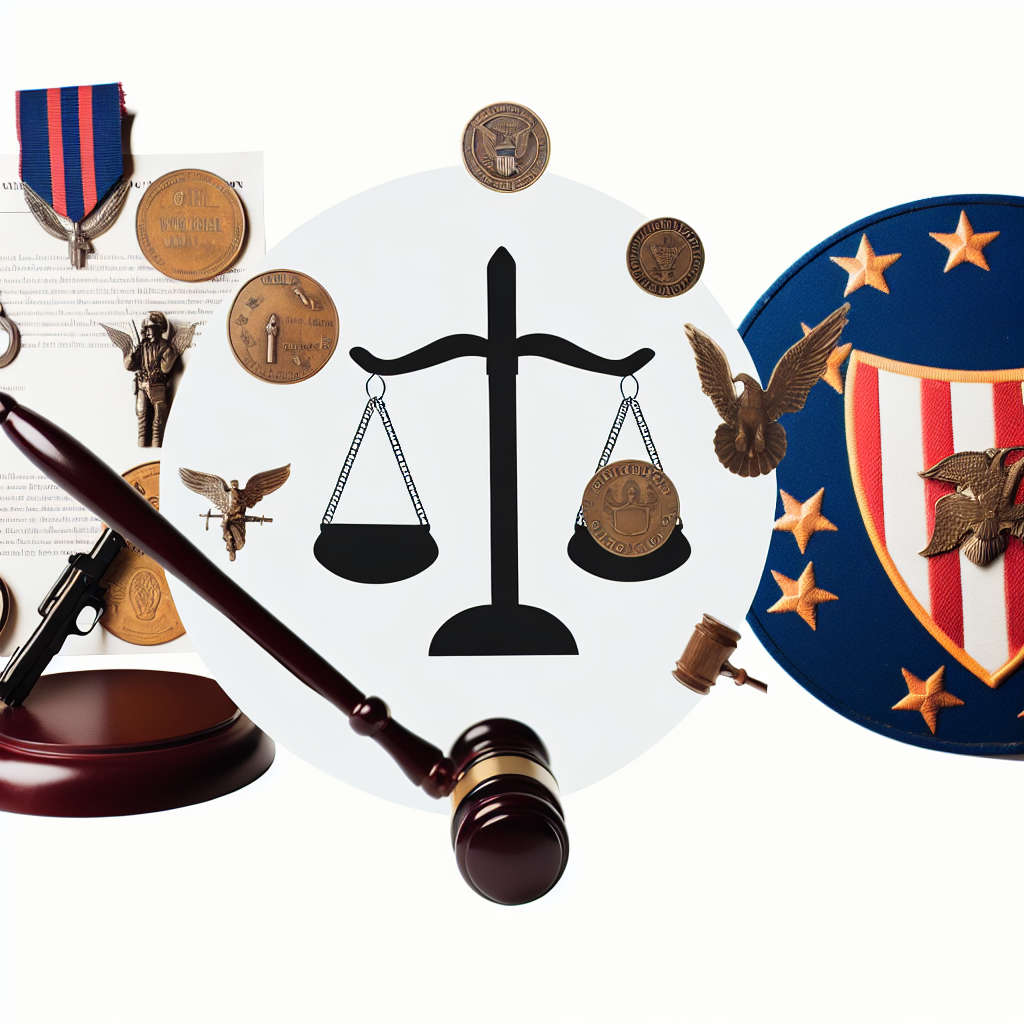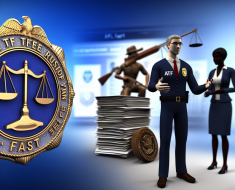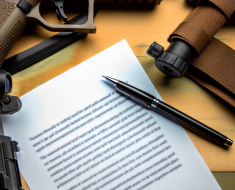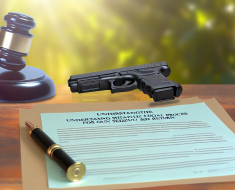Gun Laws Affecting Law Enforcement Officers and Veterans

Gun laws in the United States are complex and multifaceted, reflecting a delicate balance between public safety, individual rights, and specialized protections for certain groups. Among those groups, law enforcement officers and military veterans occupy a unique legal space. Their service backgrounds often grant them specific rights or restrictions concerning firearm ownership, possession, and carry privileges that differ from the general public. Understanding these laws is essential not only for the officers and veterans themselves but also for policymakers, advocates, and communities seeking to navigate the intersection of gun rights and public safety.
Overview of Gun Laws in the United States: A Foundation
The U.S. gun law framework includes federal statutes as well as state-specific regulations. Federal laws establish baseline rules such as background checks through the National Instant Criminal Background Check System (NICS), prohibitions on certain categories of individuals owning firearms (e.g., felons, domestic abusers), and restrictions on specific types of weapons.
State laws can expand or restrict these federal provisions in various ways. For example, states differ widely on concealed carry permits, open carry policies, waiting periods, assault weapon bans, and more. Within this patchwork legal landscape, law enforcement officers and veterans are often subject to tailored provisions recognizing their service roles.
- Federal Gun Control Act of 1968: The primary federal statute regulating firearms.
- Law Enforcement Officers Safety Act (LEOSA) of 2004: Grants qualified active and retired law enforcement officers nationwide concealed carry rights.
- Veterans-specific regulations: Include mental health considerations affecting firearm eligibility.
Law Enforcement Officers: Rights and Restrictions Under Gun Laws
Law enforcement officers (LEOs) operate in high-risk environments that necessitate access to firearms both on and off duty. Recognizing this reality, federal laws provide unique privileges while imposing certain constraints designed to ensure public safety.
The Law Enforcement Officers Safety Act (LEOSA)
Passed in 2004, LEOSA is perhaps the most significant federal law impacting LEOs’ firearm rights outside their jurisdictional boundaries.
- Key Provisions: LEOSA allows qualified active-duty and retired LEOs to carry concealed firearms nationwide regardless of state or local restrictions — with some exceptions such as private property restrictions or federal buildings.
- Qualifications: Officers must be authorized by their agency to carry a firearm on duty; retired officers must meet standards related to retirement in good standing; all must have completed annual firearms training or qualification.
- Limitations: LEOSA does not override laws related to carrying firearms on school grounds, federal facilities, or private properties where guns are prohibited.
This law was enacted after concerns arose that retired officers faced difficulties carrying concealed weapons due to varying state laws even though they had served in official capacities warranting trustworthiness with firearms. LEOSA thus standardizes their right to armed self-defense nationwide.
State Variations Impacting Law Enforcement Officers
While LEOSA provides a federal floor for firearm carry rights for LEOs, states maintain additional regulations that can affect them:
- Firearm Training Requirements: Some states require additional certification beyond LEOSA’s minimum standards for off-duty carry.
- Firearm Registration: Certain states mandate registration of all firearms carried off-duty by LEOs.
- Use-of-Force Regulations: State policies dictate when officers can legally discharge firearms both on- and off-duty.
A notable example is California’s restrictive gun laws which impose stringent requirements on off-duty officers’ firearm possession beyond LEOSA protections. This has led to legal challenges arguing that state laws infringe upon federally guaranteed rights under LEOSA.
Veterans and Gun Laws: Navigating Complex Legal Terrain
Military veterans represent a diverse group with varying experiences and needs concerning firearms ownership. While many veterans are responsible gun owners familiar with safe handling from their service days, others face challenges due to mental health issues or administrative classifications affecting their gun rights.
Mental Health Considerations Affecting Veterans’ Gun Ownership
A significant concern influencing veterans’ access to firearms revolves around mental health evaluations conducted by the Department of Veterans Affairs (VA). The VA maintains records regarding veterans’ mental health status which can impact eligibility under federal law for firearm possession.
- Mental Health Adjudications: Veterans adjudicated as “mentally incompetent” or committed involuntarily to psychiatric facilities may be prohibited from owning guns under the Gun Control Act’s disqualifications.
- The NICS Improvement Amendments Act (2007): Encourages states to report mental health prohibitors to NICS; however, reporting is inconsistent leading to gaps in enforcement.
- The “Red Flag” Laws Impacting Veterans: Some states allow temporary removal of firearms from individuals deemed a threat; this has raised debates about due process protections especially for veterans coping with PTSD or other conditions.
The tension between protecting public safety while respecting veterans’ rights has led to calls for improved coordination between VA mental health services and gun regulation authorities — aiming for precision that targets only those posing genuine risks without broadly restricting responsible veterans’ access.</p








